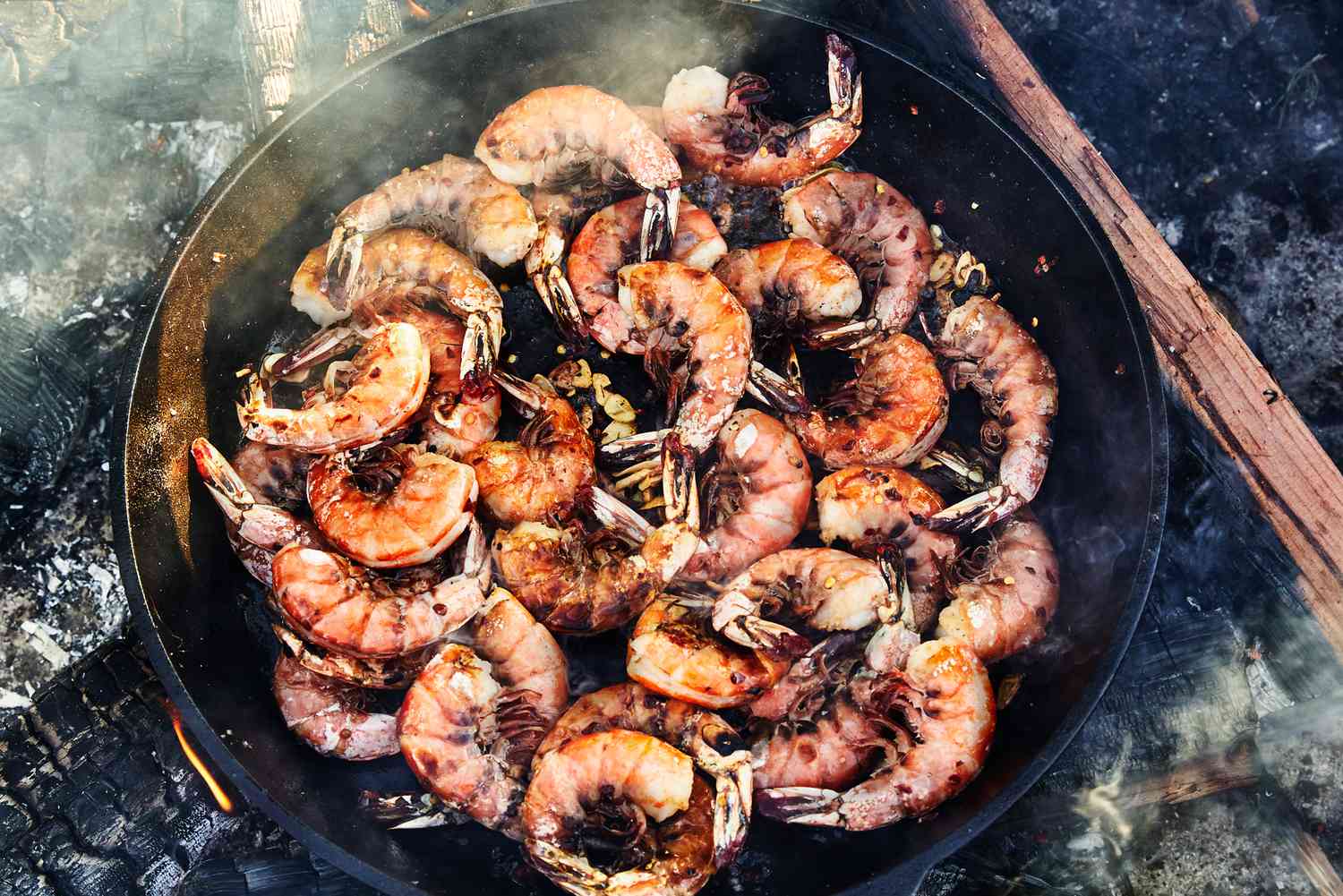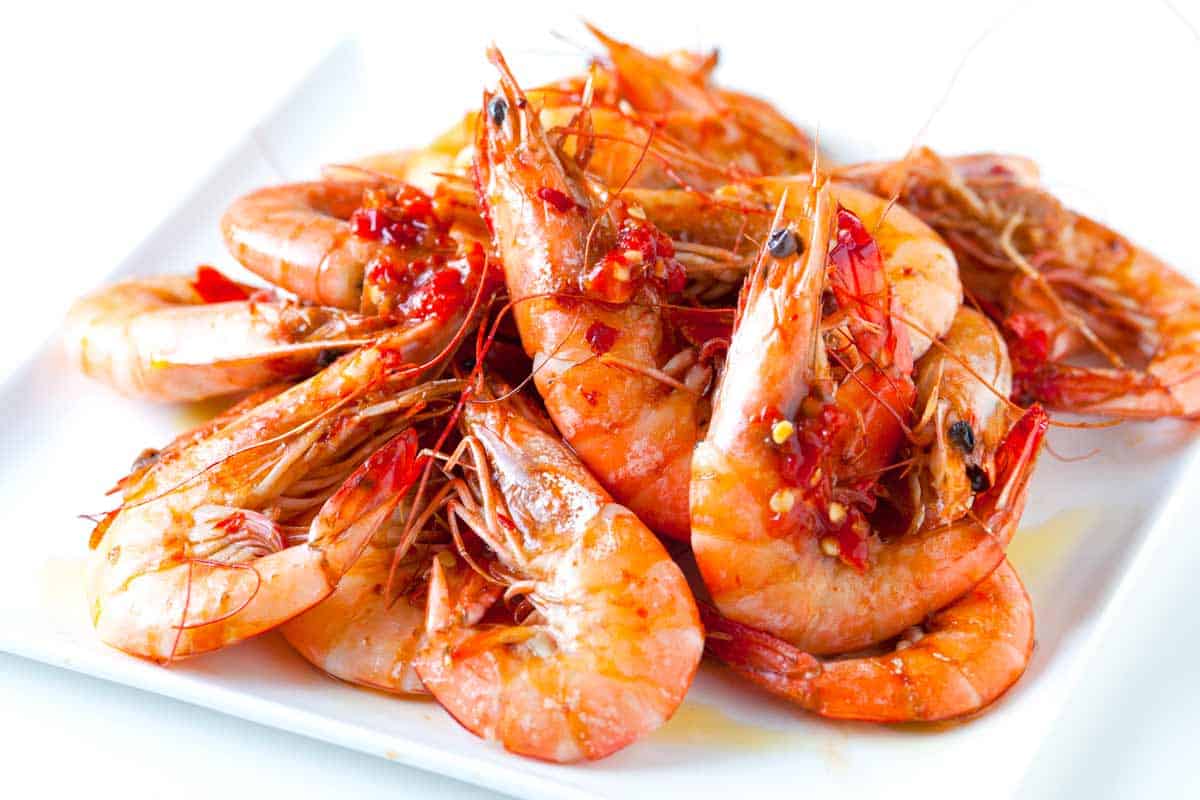Managing Seafood Allergies: Tips for Enjoying Seafood Safely
Seafood is a delicious and nutritious part of many people’s diets, but for those with seafood allergies, enjoying these dishes can be a challenge. However, with the right precautions and knowledge, it is possible to safely navigate and enjoy seafood options even with an allergy. Here are some tips for managing seafood allergies and still being able to enjoy seafood:
Know Your Allergens
Before diving into any seafood dish, it’s important to know exactly what you are allergic to. Some people may be allergic to specific types of seafood such as shrimp, crab, or fish, while others may have a more general allergy to all types of seafood. Understanding your specific allergens is crucial in managing your allergy and making informed choices about what seafood you can safely consume.
Communicate with Restaurant Staff
When dining out, always communicate your allergy to the restaurant staff. Make sure they are aware of the severity of your allergy and ask about their preparation methods to avoid cross-contamination. Many restaurants are well-equipped to accommodate allergies and can provide alternative options or make adjustments to dishes to ensure they are safe for you to eat.
Explore Alternative Seafood Options
If you have a specific seafood allergy, consider exploring alternative options that are safe for you to consume. There are plenty of non-seafood dishes that offer similar flavors and textures, such as chicken or tofu dishes that are seasoned with seafood-inspired flavors. Additionally, there are also plant-based seafood alternatives available in the market that can provide a similar experience without the risk of an allergic reaction.
Read Labels Carefully
When purchasing seafood from the grocery store, always read labels carefully to identify any potential allergens. Some products may contain traces of seafood or be processed in facilities that also handle seafood, so it’s important to be diligent in checking for any potential risks. Look for clear allergen labeling and if in doubt, reach out to the manufacturer for clarification.
Cook at Home
One of the safest ways to enjoy seafood when allergic is to prepare it at home. This way, you have full control over the ingredients and can ensure that your meal is free from any potential allergens. There are plenty of seafood recipes that can be adapted to accommodate allergies, using alternative ingredients to achieve similar flavors and textures.
Consider Allergy Testing and Consultation
If you have a severe seafood allergy, it may be beneficial to undergo allergy testing to determine the specific allergens that affect you. Additionally, consulting with an allergist can provide valuable insights and guidance on managing your allergy, including potential treatment options and emergency preparedness in case of accidental exposure.
While having a seafood allergy can present challenges, it doesn’t mean that you have to miss out on enjoying seafood altogether. By being proactive, informed, and communicative, it is possible to navigate seafood options safely and still savor the flavors of the sea without putting your health at risk.











